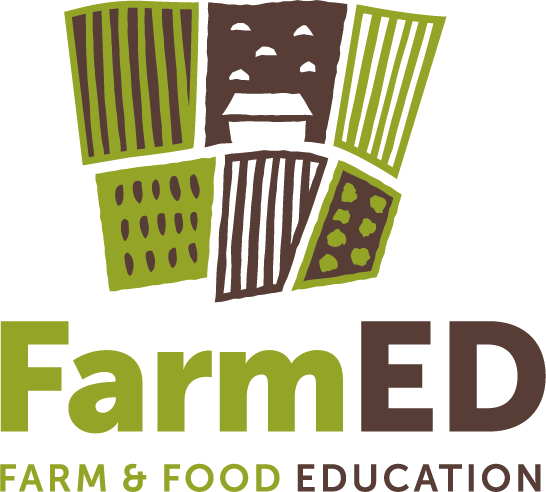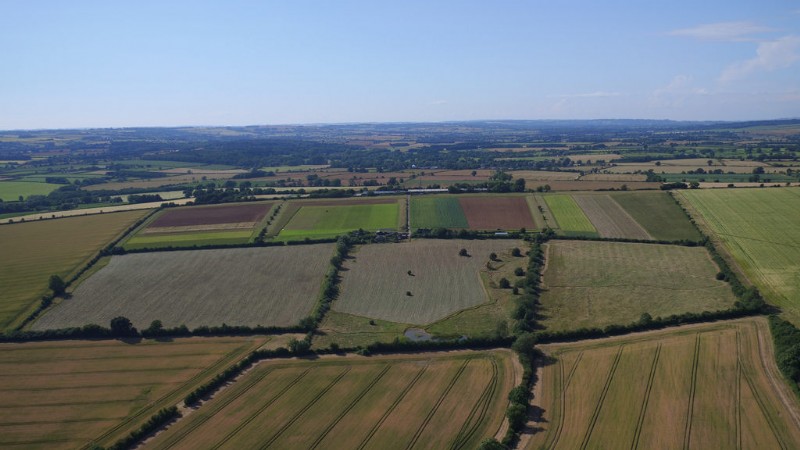
Centre for diverse farming in the Cotswolds.
About Us
It's always been part of our vision to have a farm as an extension of the Cotswold Seeds business and in 2013 we bought Honeydale Farm, one hundred acres in the Cotswolds. During the past couple of years we've been making huge progress on the farm and this blog was set up to share this progress with our friends in the farming world.



